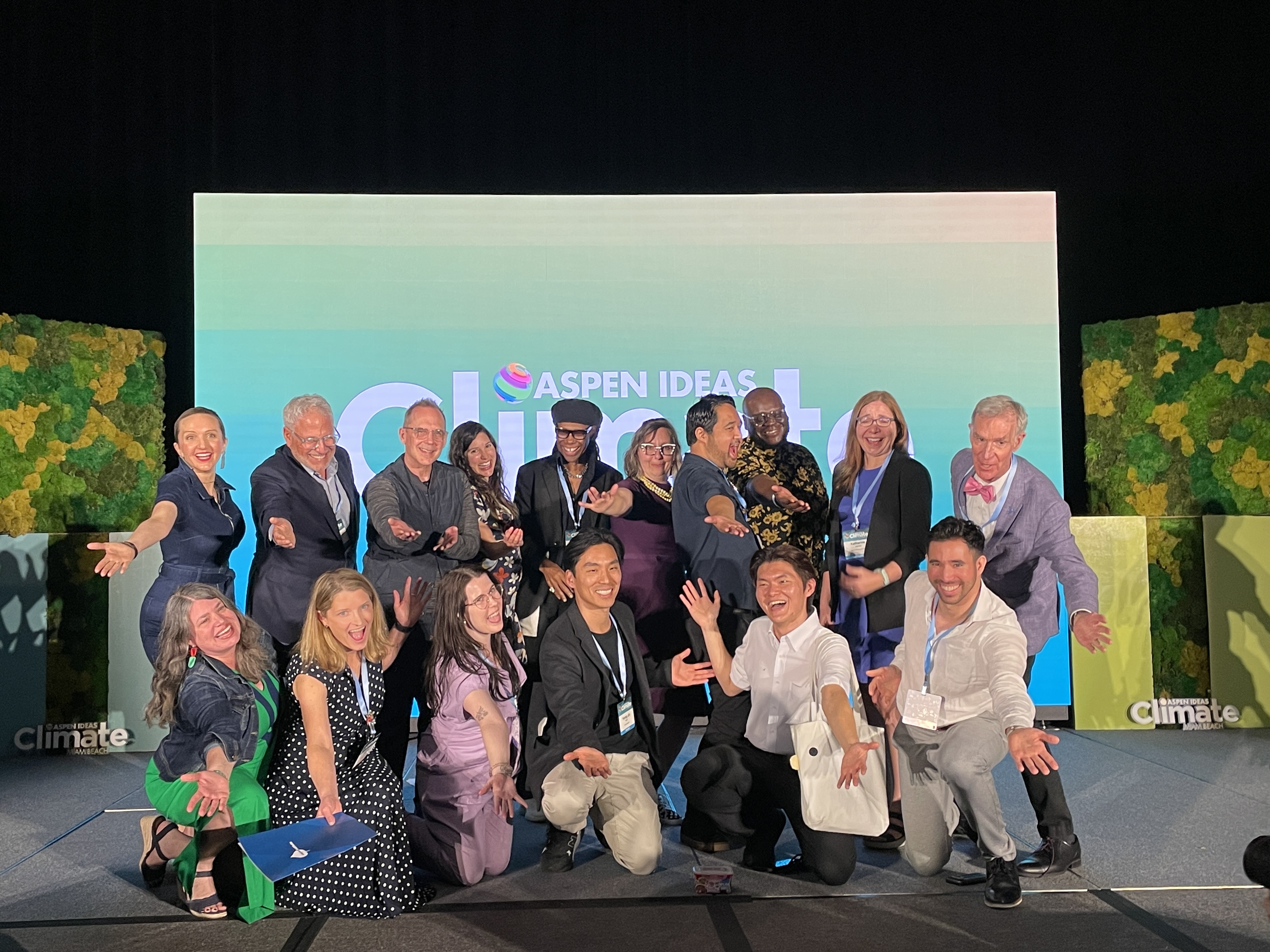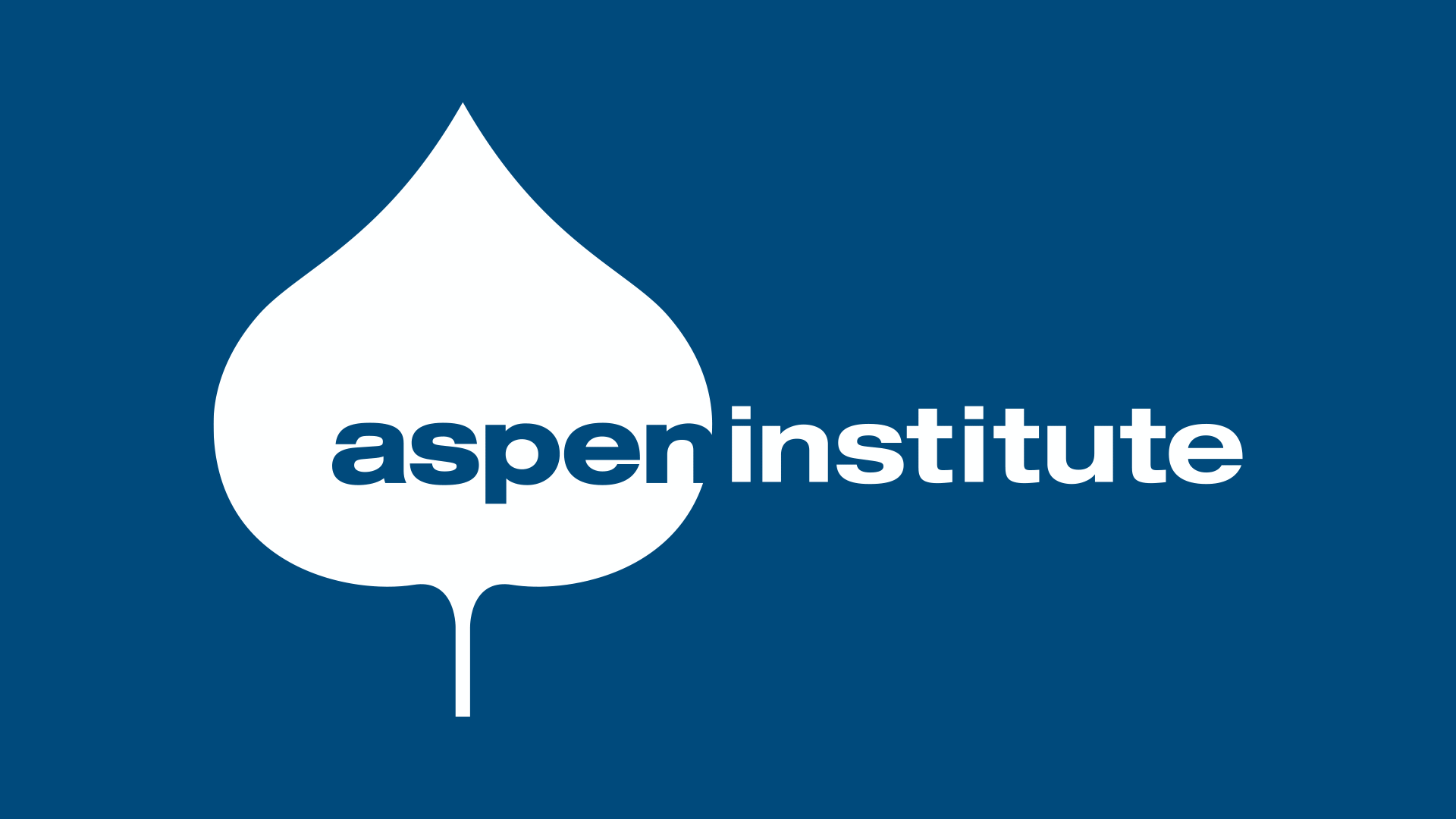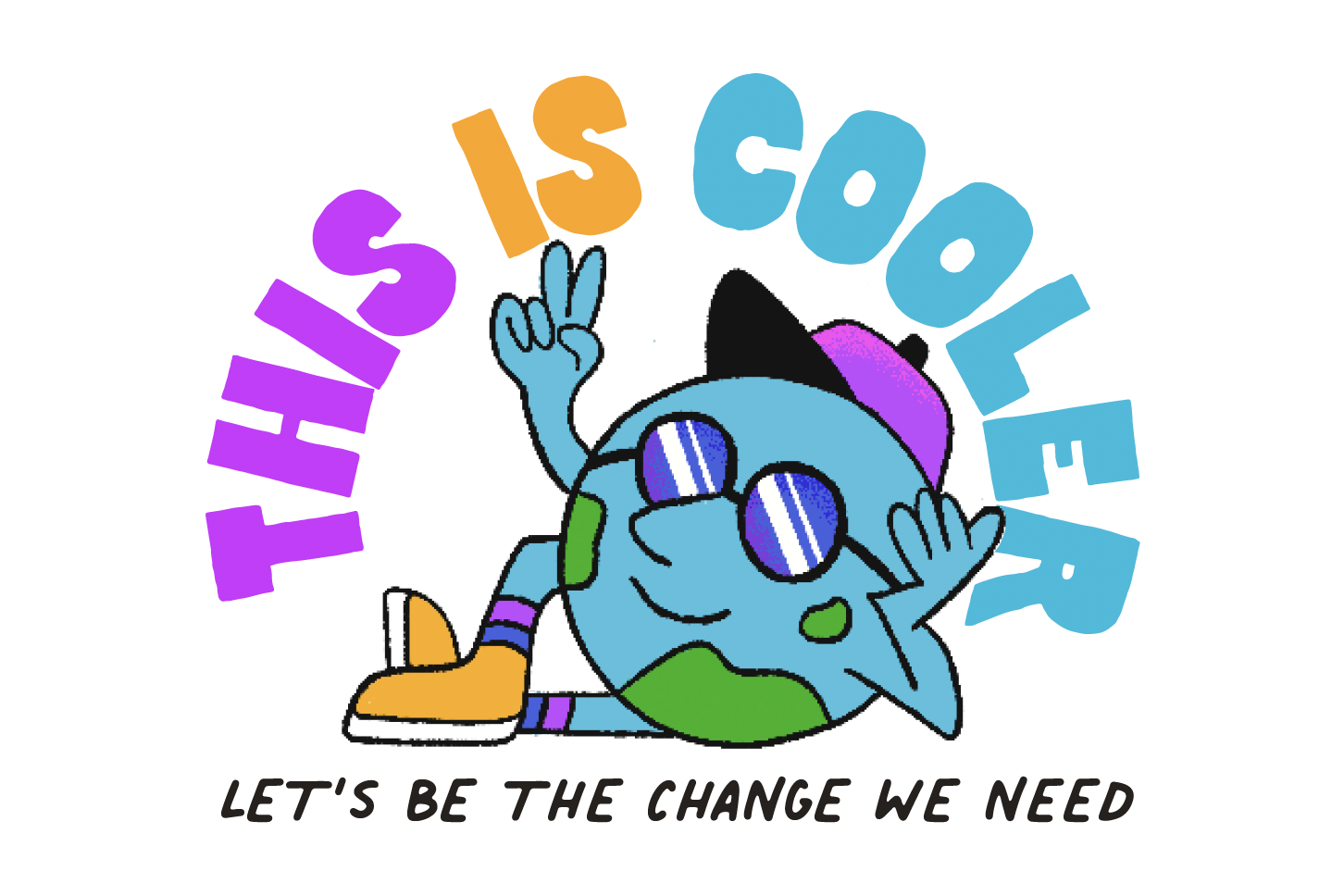Blog —
- Events
This Is Planet Ed at Aspen Ideas: Climate 2024
Storytelling, music, animation, and podcasts! Watch the magic of innovative content being born as creatives pitch their ideas to a panel of Planet Media judges, each hoping to launch short-form content aimed at helping kids understand climate change.
During March 11-13, 2024, the Aspen Institute partnered with the City of Miami Beach to hold Aspen Ideas: Climate to bring together diverse leaders from across the globe address our collective future around the realities of a changing climate.
This Is Planet Ed was there to highlight the importance of empowering the next generation to lead a sustainable, resilient and equitable future.
Check out some of our events below:
Planet Media Pitch Fest
Science Educator Bill Nye and Musician/Producer and Founder of the We Are Family Foundation Nile Rodgers joined Planet Media co-chairs Gary Knell, BCG and former CEO and President of National Geographic and NPR, and Katharine Hayhoe, Chief Scientist, The Nature Conservancy, as judges for the Planet Media Pitch Fest, where seven creative teams took the stage in a lively presentation of their pitches to gain funding to launch their short-form concepts, aimed at helping kids understand climate change. More than 200 submissions were made during the Planet Media Call for Pitches process which led up to the Pitch Fest.

Planet Media Announcement
In a mainstage announcement, Planet Media Co-Chair, former CEO and President of National Geographic and NPR, Gary Knell joined Planet Media task force members Amy Friedman of Susie Jaramillo to discuss the opportunity for the media industry to take action on climate change, to announce the awardees of the Planet Media Call for Pitches process and to present a new video incorporating Planet Media’s four essential climate messages produced by the award-winning production company Encantos.
With playgrounds that reach 150 degrees and “heat days” that force schools to close, it’s no surprise that 75% of teens have moderate to extreme climate anxiety. Young people have the right to thrive on a healthy planet, and adults have a responsibility to preserve this right. Explore how school systems are essential to advancing generational justice and enabling future generations to thrive in a changing climate.
A School of Thought: Education for Intergenerational Climate Justice
Michelle Kang, Madeline Pumariega, Shiva Rajbhandari and Luisa Santos joined This Is Planet Ed’s Senior Fellow Laura Schifter to acknowledge the responsibility to the next generation and share their experiences working with the education sector to ensure children can thrive in a changing climate. They highlighted their motivations as leaders, what they’ve seen in terms of solutions and provided a vision of what an education system mobilized on climate change can look like.
“I want to see a world where my children can not be as concerned for and thinking about the environment not being able to sustain the development for each them, and their families and for their families’ families one day, I’m hopeful there are solutions we can implement." -Michelle Kang
“Making sure [students] know they play a role in climate and in solutions and they have an opportunity to be the changemakers of the future.” - Madeline Pumariega
“I’ve seen a radical culture shift towards student agency…what I’ve been most proud of is our sustainability plan… has allowed us to finally begin implementing some of the solutions that we as students have been demanding for years." – Shiva Rajbhandari
“[In the future, a child enters] kindergarten and is met with teachers who feel so empowered to teach because they’ve got standards and they’ve got curriculum that allows them, and empowers them, to give that education to the child from K-12 grade, so that when they graduate they feel hopeful for the future and not hopeless and they feel empowered, because they have 21st century skills of being innovative and entrepreneurial - and they know that after they will be doing individually their part and will know what to be a part of when it comes to systemic change." – Luisa Santos

